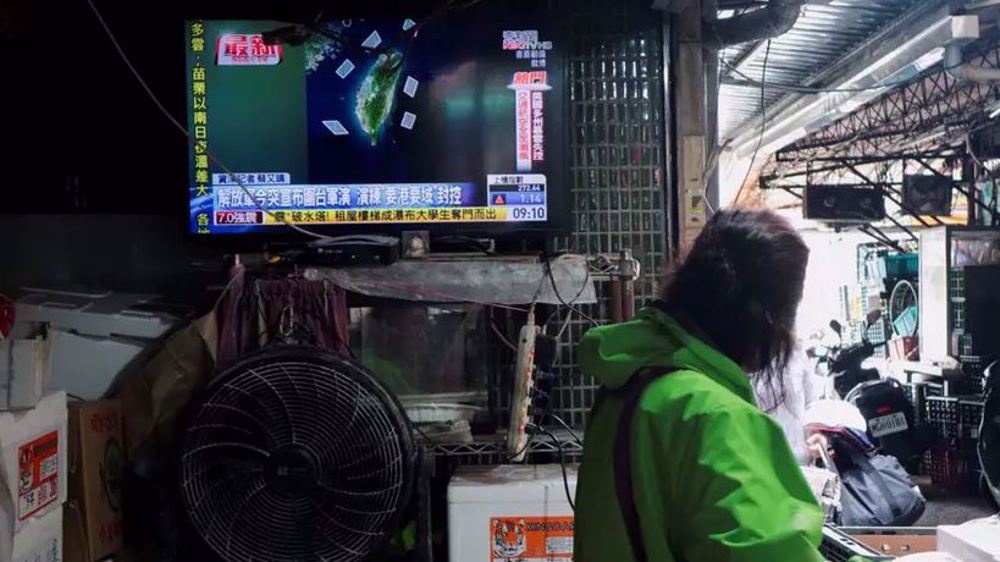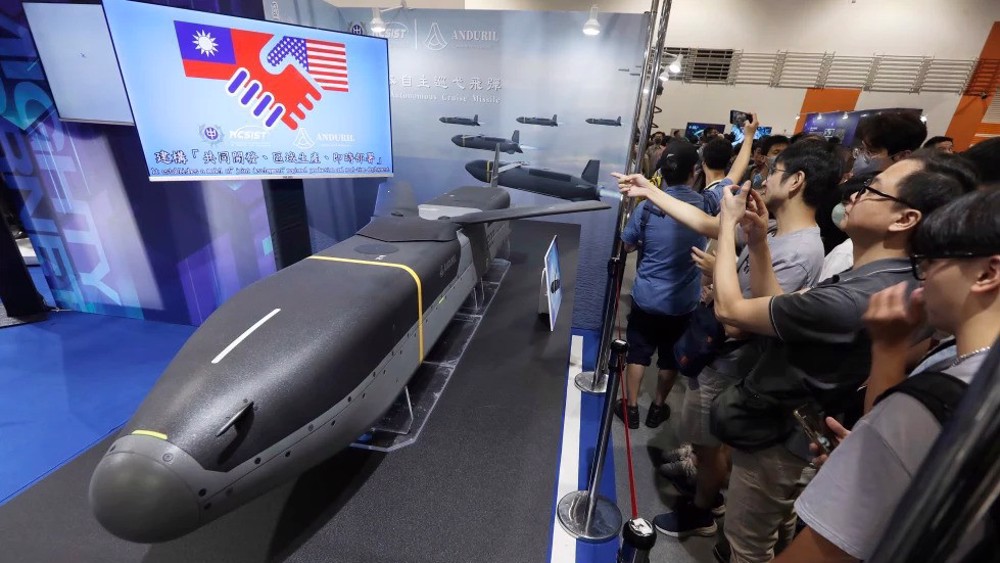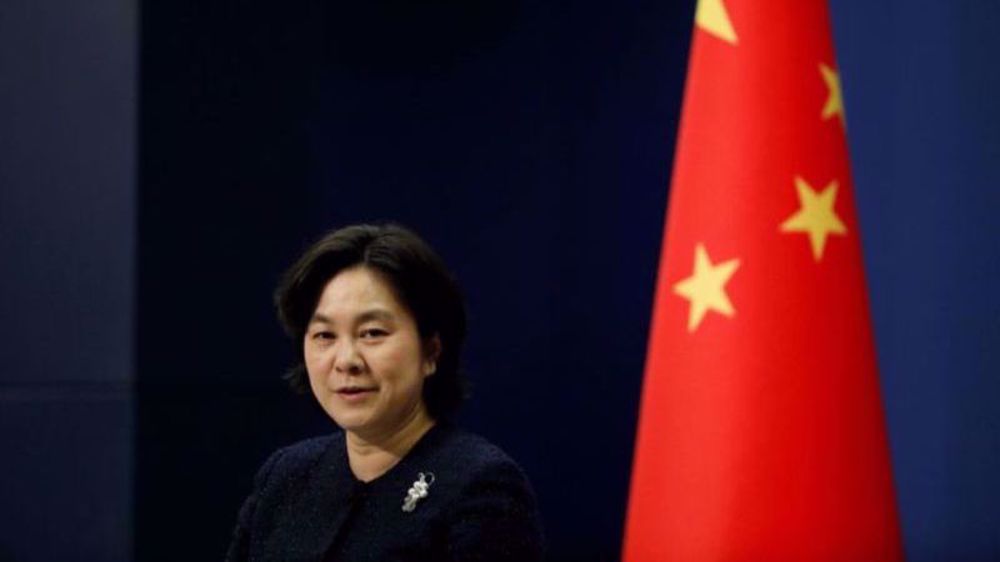China imposes sanctions on UK entities, individuals for ‘spreading lies’
China has imposed sanctions on several organizations and individuals in the United Kingdom for spreading “lies and disinformation” about Xinjiang.
The Chinese foreign ministry said in a statement on Friday that it had sanctioned four entities and nine individuals that “maliciously spread lies and disinformation”.
Lawmakers such as former Conservative Party leader Iain Duncan Smith and the Conservative Party Human Rights Commission were among those targeted with the sanctions.
According to the ministry, the measures prohibit the targeted individuals and their immediate family members from entering Chinese territory. They also ban Chinese nationals and institutions from doing business with them.
The sanctions come days after Britain, the United States, the European Union, and Canada imposed sanctions on China over allegations of human rights violations regarding the ethnic Muslim minority group in far-western Xinjiang.
Beijing has already slapped retaliatory sanctions on the EU.
Activists and UN rights experts have said that at least 1 million Muslims have been forced into camps in the western Xinjiang autonomous region.
Beijing vehemently denies reports that Uighurs are unfairly marginalized and says it is addressing underdevelopment and lack of jobs in heavily Uighur populated areas such as Xinjiang.
Chinese officials have also characterized the camps as “vocational education and employment training centers” for “criminals involved in minor offenses.”
“China is firmly determined to safeguard its national sovereignty, security and development interests, and warns the UK side not to go further down the wrong path,” the Chinese ministry said. “Otherwise, China will resolutely make further reactions.”
The mostly Muslim-Turkic ethnic group of Uighurs, which makes up about 45 percent of the population in Xinjiang, has long accused the government in Beijing of cultural, religious, and economic discrimination.
China rejects the accusation and, in turn, accuses what it describes as exiled separatist groups of planning attacks in the resource-rich Xinjiang, which is strategically located on the borders of Central Asia.
US, Taiwan to enhance maritime coordination
Separately, the United States signed an agreement with Taiwan to establish a Coast Guard Working Group to coordinate policy in defiance of China, which views the self-ruled island as part of its territory.
The de facto Taiwanese ambassador to the US, Hsiao Bi-khim, signed the agreement in Washington on Thursday, her office said in a statement.
"It is our hope that with the new Coast Guard Working Group, both sides will forge a stronger partnership and jointly contribute even more to a free and open Indo-Pacific region."
It is the first pact to be signed between the two sides under the administration of Joe Biden, which is pursuing the same aggressive policy against China as its predecessor.
The United States’ relations with China grew increasingly tense under the administration of former President Donald Trump. Washington clashed with Beijing over trade, the South China Sea, Taiwan, Hong Kong, and the coronavirus pandemic.
Later, Biden backed Trump’s tough approach towards China, saying that the US would continue to confront what he has called China's "attack on human rights, intellectual property and global governance". Beijing has rejected those charges.
The American Institute in Taiwan, which handles US ties with the island, said Washington supported "Taiwan's meaningful participation and contributions to issues of global concern, including in maritime security and safety".
The new agreement comes after China introduced a new law in January that allows its coast guard, for the first time, to open fire on foreign vessels deemed to pose threats.
China considers the self-ruled island as a breakaway province that should be reunited with the mainland under the internationally-recognized “One China” policy. Almost all world countries recognize that sovereignty.
Under that policy, countries are not allowed to have formal relations with Taiwan.
Although Washington has no formal relations with Taipei, it is the island’s largest weapons supplier and an avid backer of Taiwan’s secessionist president.
Israel begins demolition of 25 homes in West Bank refugee camp
VIDEO | The meeting between Trump and Netanyahu
US-led forces to withdraw from Ain al-Assad base in western Iraq next week
'World's biggest war criminals': Netizens rip into Trump, Netanyahu over Iran war rhetoric
Iran posts 15.23% y/y fall in imports in Apr-Dec
World Council of Churches calls for sanctions, arms embargo against Israel
VIDEO | Press TV's news headlines
Iran calls for regional action to preserve Yemen’s unity, territorial integrity














 This makes it easy to access the Press TV website
This makes it easy to access the Press TV website